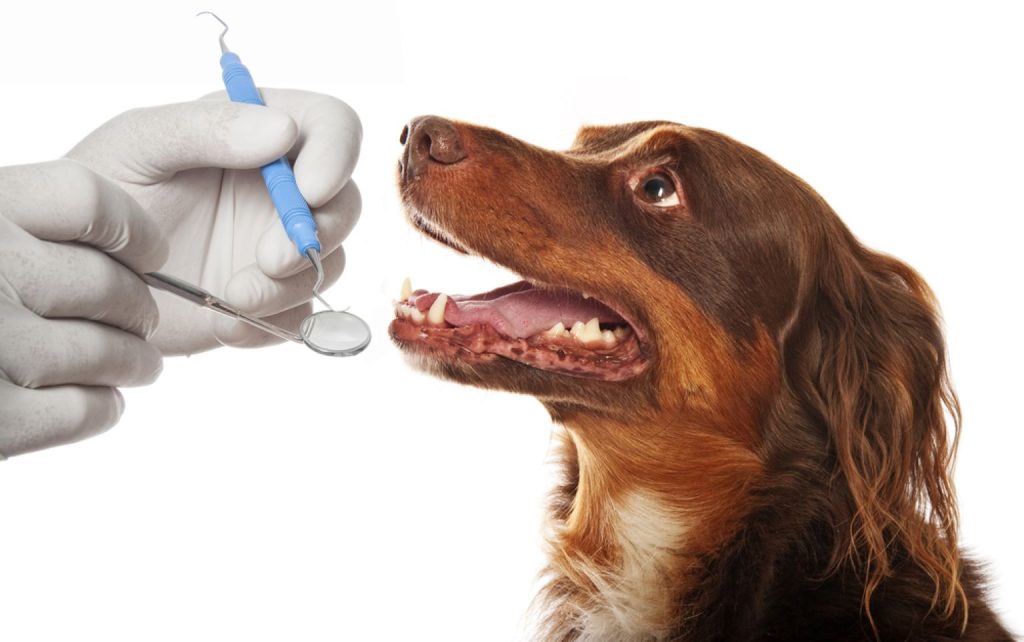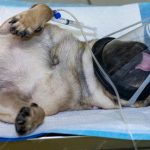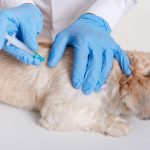Appropriate dental care is vital for your pet’s health. Just like you, dogs and cats can suffer from a variety of dental health problems. Untreated oral health problems can cause significant pain, infection, and, in some cases, can even influence other major organs. Although regular cleanings can help prevent dental issues, some pets develop dental problems requiring common pet dental procedures to remedy a more serious issue.
This study focuses on the common types of dental surgery in pets and what every pet owner should know.
1. Tooth Extraction
Extractions are one of the most common dental surgeries in pets. A veterinarian can recommend extracting a tooth because it is:
- Severely infected or decayed
- Broken or cracked
- Causing overcrowding
- A retained baby tooth that has not fallen out
Tooth extraction is completed to relieve pain in the mouth and to stop the infection from progressing. After the procedure, many pets feel much better, showing increased energy, better eating habits, and fresher breath.
2. Periodontal Treatment
Periodontal disease impacts the structures and bones that your pet’s teeth depend on. Periodontal disease starts with plaque and tartar buildup. Periodontal disease can lead to:
- Bleeding gums
- Loose teeth
- Malodor
- Infection of the gum
If periodontal disease is untreated, it can destroy the bone of the jaw and possibly result in tooth loss. Our periodontal treatment includes decontamination below the gum line, treating all areas of the mouth with active disease, and in severe cases, surgical removal of diseased tissue, and possibly tooth extraction.
3. Oral Tumour Removal
You should never ignore lumps, bumps, or growths inside your pet’s mouth! Some will be nothing, and the others may be cancerous or have secondary infections leading to pain.
Usually, surgery is required when:
- The tumour grows rapidly
- It is affecting the pet’s ability to eat or breathe
- There is bleeding or a foul odour from the mouth of the animal
After the growth is removed, a biopsy will usually be performed to determine if it is benign or cancerous. The earlier a tumour is discovered and removed, the better the outcome for the pet.
4. Fracture Repairs (Jaw or Tooth Injuries)
Accidents happen- whether it’s a fall, a car accident, or chewing on something too hard. These incidents can cause:
- Broken teeth
- Cracked jaws
- Tooth root exposure
Jaw fracture repair is a delicate procedure that may involve wires, splints, or plates to hold the bones together. In some cases, broken teeth may also need to be extracted or restored depending on their condition. Quick action is key to proper healing. If your pet has swelling, drooling, trouble eating, or avoids being touched around the face, it’s time for a dental exam.
What to Expect After Surgery?
After dental surgery, your pet will likely need a soft diet, pain medication, and rest. While recovery times vary, many pets bounce back quickly and show noticeable improvements in mood and appetite. It’s also important to maintain regular dental check-ups and at-home care like brushing to prevent future issues.
Compassionate Pet Dentistry You Can Trust
At Greenpoint Veterinary Care, we believe every pet deserves a healthy, pain-free smile. From routine cleanings to advanced surgeries, our expert team offers gentle, thorough treatment tailored to your pet’s needs. Whether your pet needs basic cleaning or complex oral surgery, our clinic delivers trusted, top-quality veterinary care in Greenpoint. At Greenpoint Veterinary Care, we combine modern veterinary techniques with a warm, personalized approach. Our experienced team is dedicated to providing gentle, stress-free dental care for both dogs and cats. We treat your pets like family, because to us, they are. Let us be your partner in keeping those tails wagging and whiskers shining, with bright, healthy smiles for years to come.








